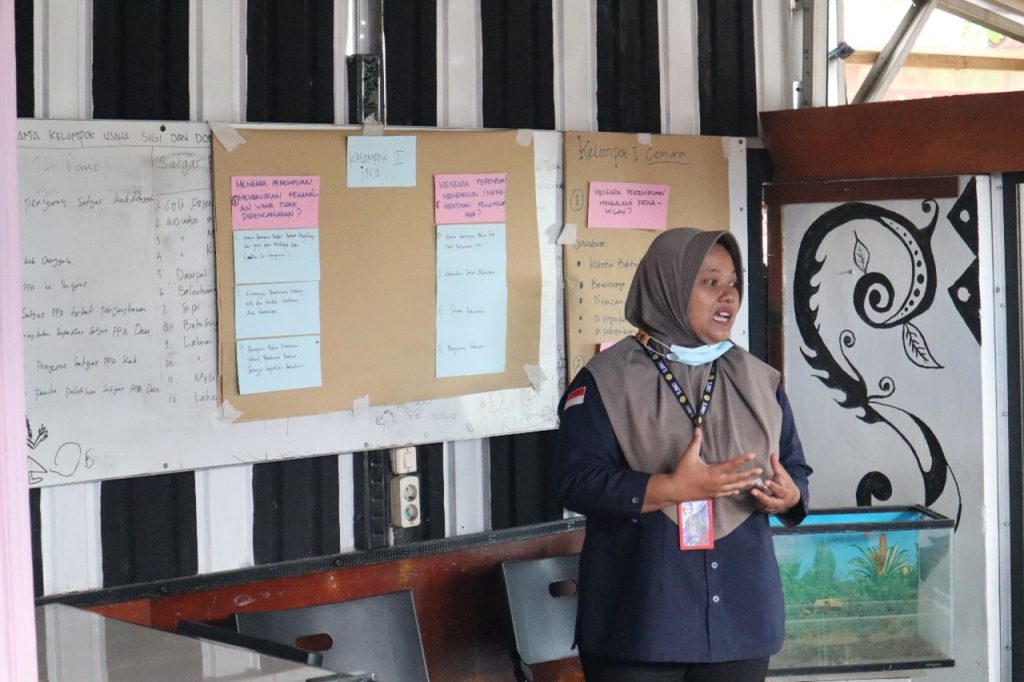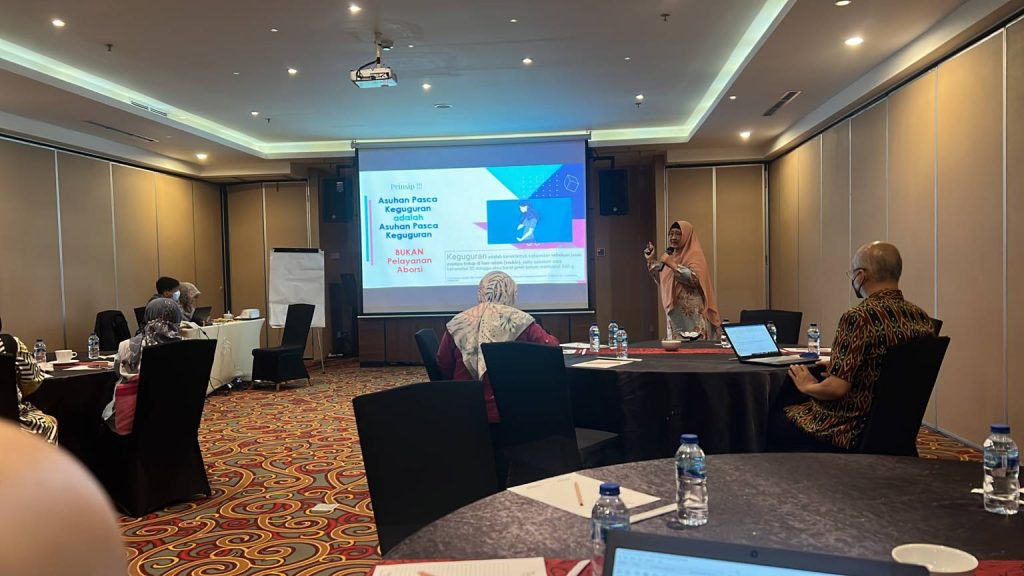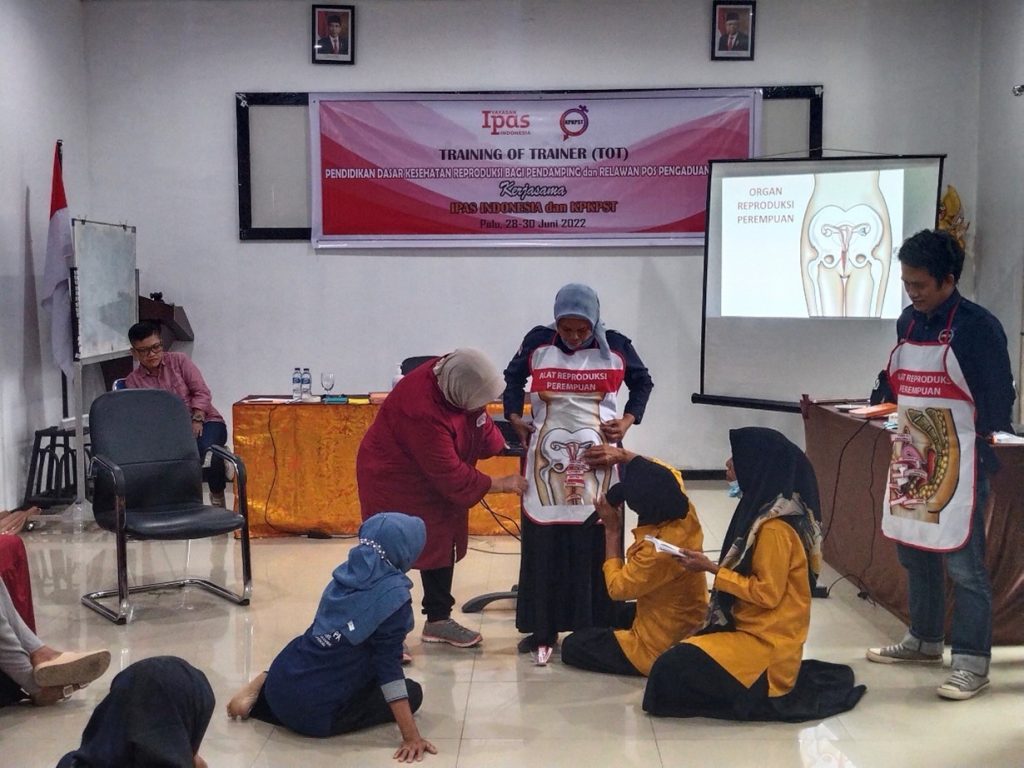Themed “Shifting Paradigms for Future Society and Community”, the Asia-Pacific Academic Consortium on Public Health 2024 underscores the importance of revolutionizing various aspects of public health. The conference was held in Busan, South Korea, on October 23-25, 2024.
IPAS Indonesia participated in the conference to share good practices from Sexual and Gender-Based Violence (SGBV) project, highlighting how cross-sector collaboration can create real change in efforts to fulfill the rights of SGBV victims. On that conference, Advocacy and Policy Officer of IPAS Indonesia, Ignatia Glory, shared lessons learned from the DARE project implemented in DKI Jakarta throughout 2021-2023.
The DARE project was carried out with the aim of creating an environment that supports the fulfillment of rights, especially health services, for victims of SGBV. In this project, the IPAS Indonesia Foundation collaborates with the police, health service providers, advocates for victims of GBV, and networks including journalists.
One of the main interventions of the DARE project is the development and piloting of a Standard Operating Procedure (SOP) for handling SGBV cases in collaboration with Polda Metro Jaya (PMJ) Police. Trials conducted in 13 police offices under PMJ showed significant improvements in the speed of referrals to health facilities. “This new procedure allows victims to get faster and more targeted services,” Ignatia said.
“At the end of the DARE project, we conduct an evaluation to see how far the impact of the project has gone by involving the stakeholders involved in the project. It is the results of this evaluation that I am presenting at this conference,” Igna said.
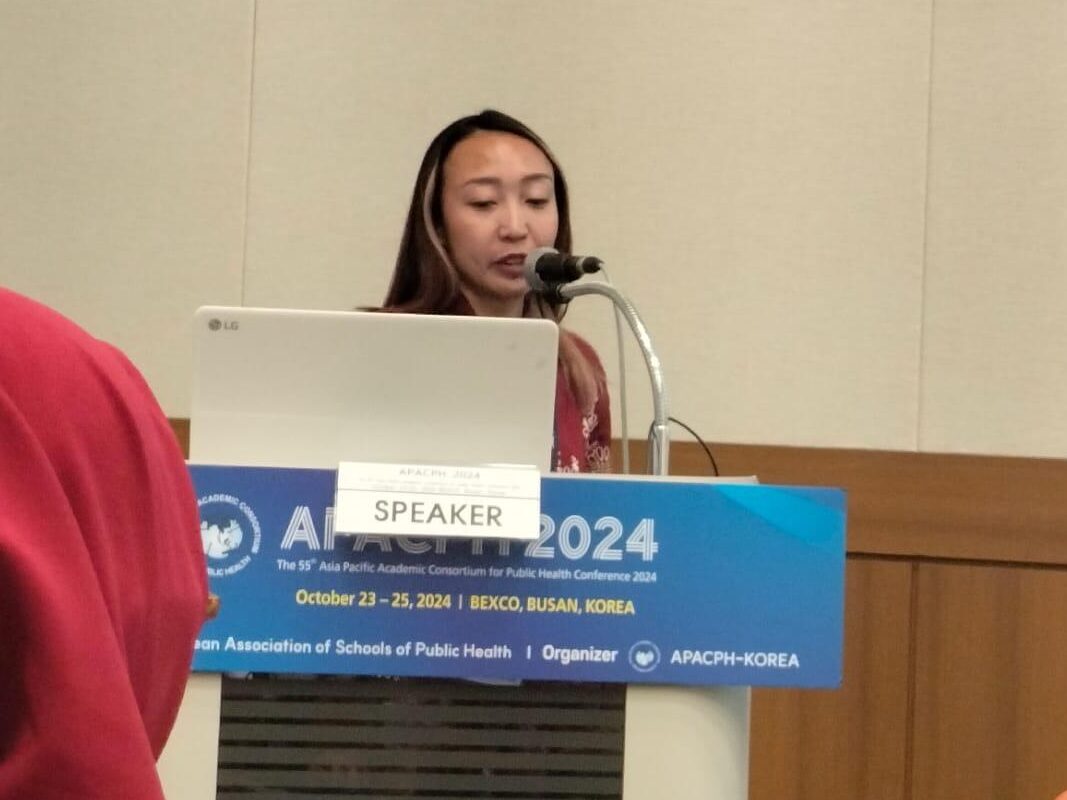
He added that the DARE project evaluation uses the outcome harvesting method. This method includes an identification process to understand how the results of the project implementation are in accordance with the objectives of the intervention. The data analyzed using this method was obtained from focus group discussions, in-depth interviews, and literature studies.
“The most significant change from this project is the change in SGBV handling procedures carried out by the police through the SOP introduced in this DARE project. With this procedure, referral services to health facilities are faster,” he said.
From the lessons learned from this project, the police encourage the piloted SOP to become a document that can be carried out at the national level.
In addition, findings from our evaluation indicate significant changes in knowledge and practice in providing health services for victims of violence in some of the regional police partner hospitals.
“These are the things I said at the conference in Busan. The message is that law enforcement officials such as police agencies are one of the keys in creating an environment to support the fulfillment of the rights of victims of SGBV. “I think it is important to be adopted and studied further for fellow researchers with different contexts and settings,” he concluded.
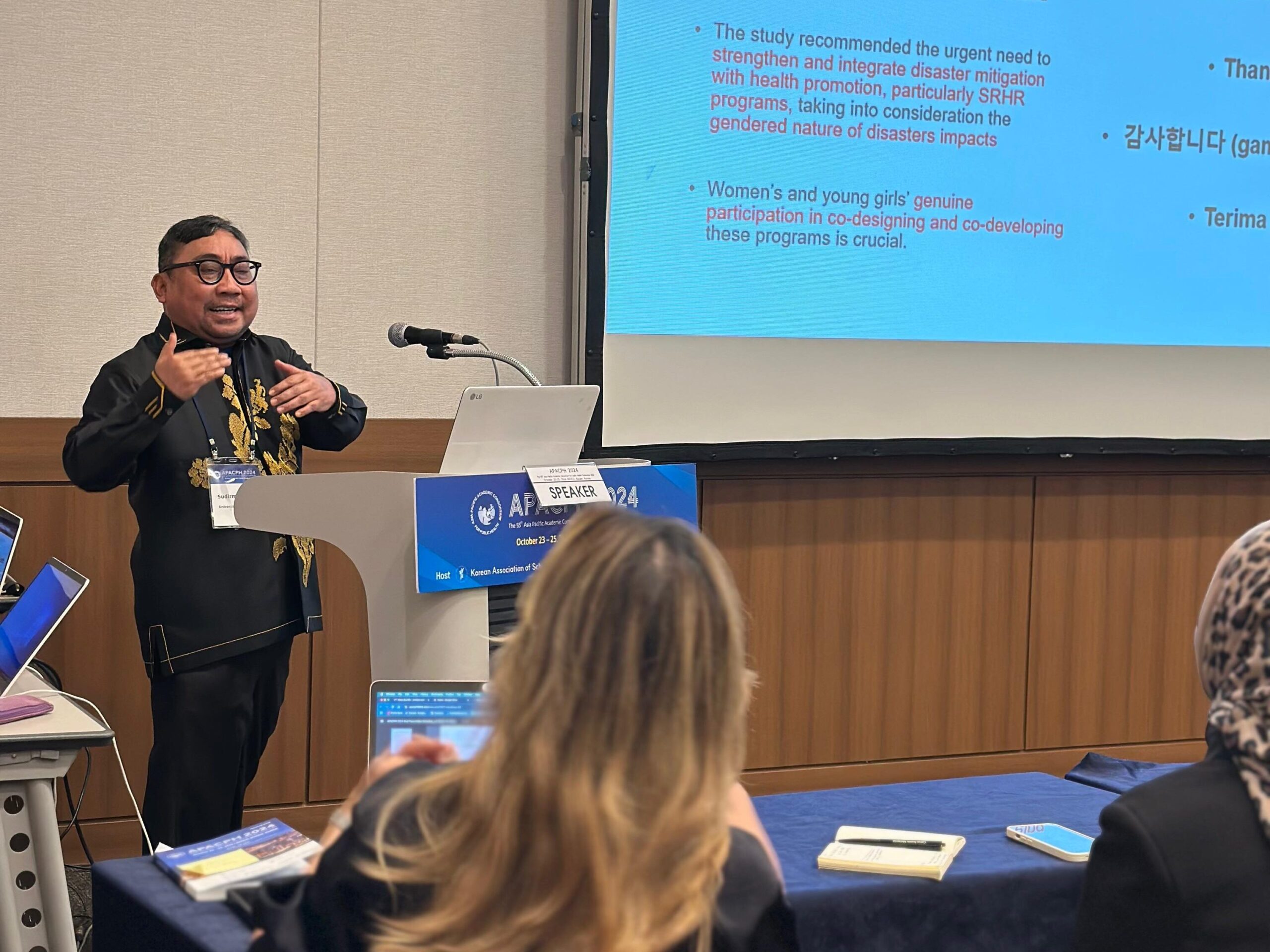
In addition to Ignatia, Sudirman Nasir also presented the results of the IPAS Indonesia’s research in collaboration with Hasanuddin University on the climate crisis entitled Intersectionality of climate induced disaster and sexual and reproductive health and rights issues in Central Sulawesi. In his presentation, Sudirman highlighted the impact of the climate crisis on sexual and reproductive health, especially for women and adolescent girls.

